Is your smartphone constantly listening to you?
 CodeChef-VIT
CodeChef-VIT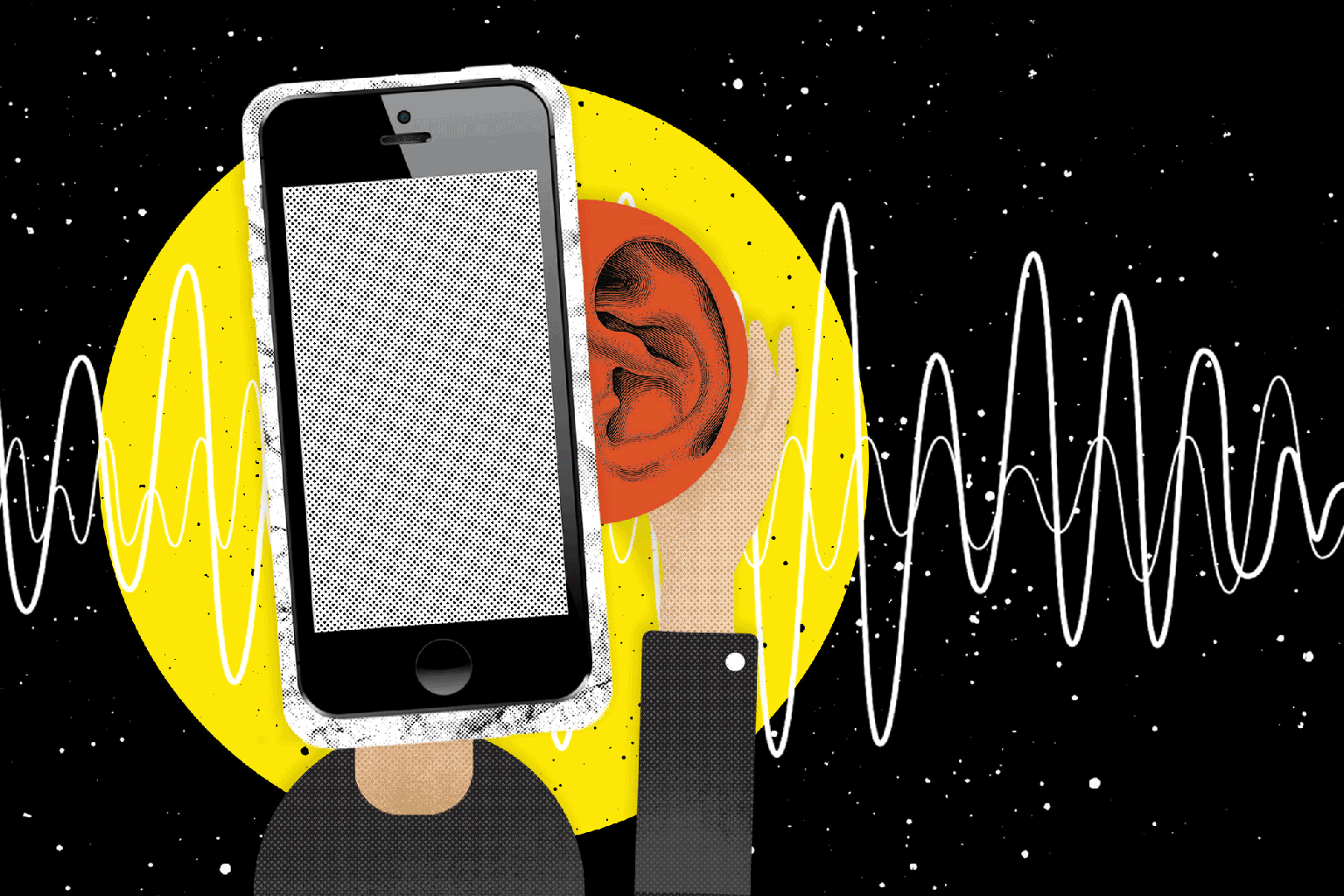
Take a minute to think about this situation. You’re getting lunch with a friend and they tell you that they’re looking for a new pair of shoes. They talk about a specific product that they’re interested in buying. You give them your opinion and then carry on with your day. Then, later on when you’re mindlessly scrolling through your Instagram feed, occasionally double tapping, you notice something strange. You start getting hundreds of ads for shoes even though you never searched for them and to take it a step further you get an ad for the EXACT pair of shoes your friend was talking about.
Sound familiar? It’s almost like your phone was listening to your conversation right?
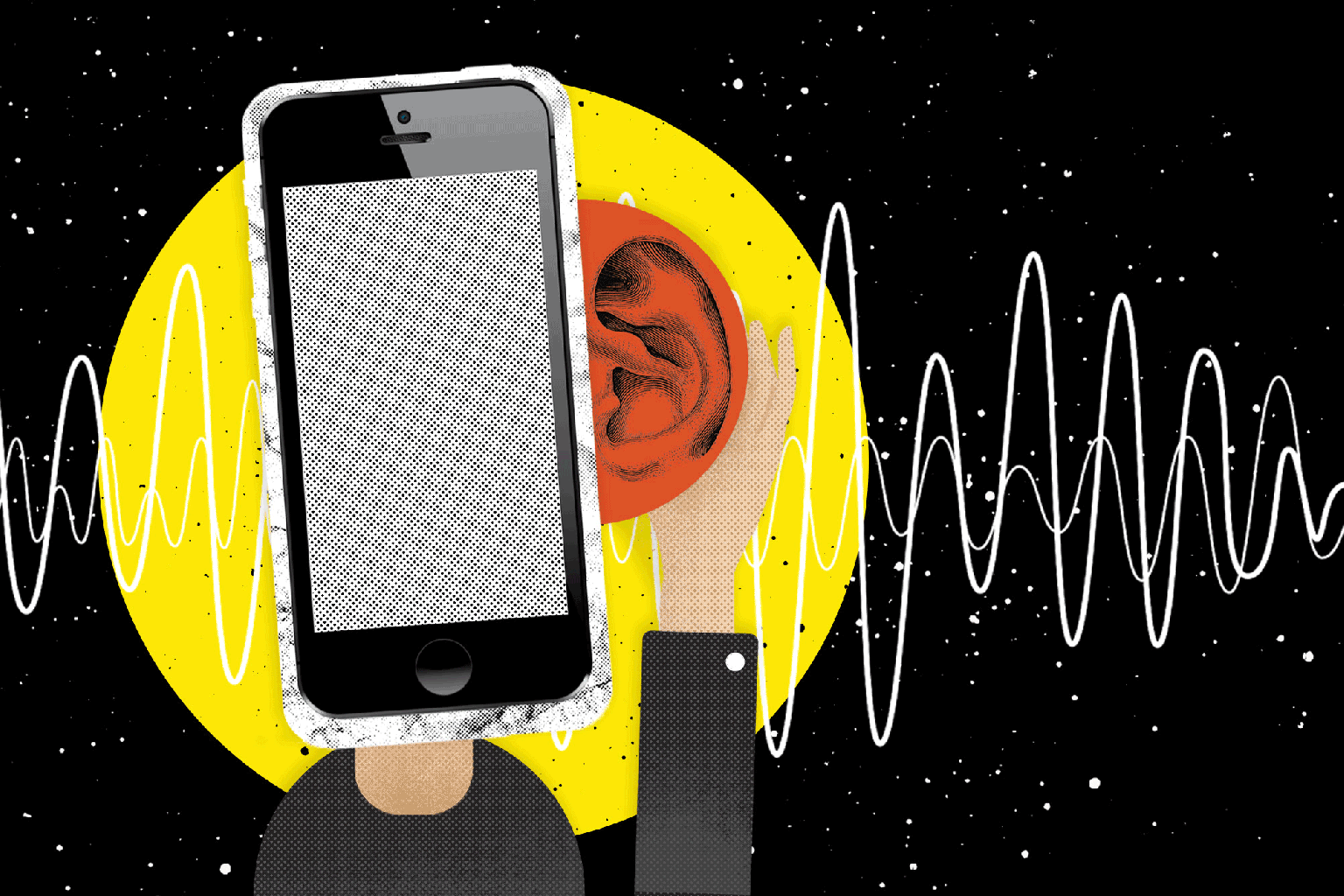
Image Courtesy:https://nypost.com/2021/10/22/how-to-stop-your-phone-and-other-devices-from-listening-to-you/
The question of whether or not technology is listening to us is one that has been on everyone’s minds for a long time now, and rightly so, considering that it seems like voice assistants like Siri, and Google are always actively listening to hear their keywords or phrase. Clearly, it’s easy to assume that they listen to all of our other conversations as well and collect audio data which can be used by companies to market their products. Honestly, It’s almost quite clever if you ignore the part about it being a major privacy breach.
However, the idea that social media apps are “listening” to users via microphones has been denied and shut down repeatedly by their creators and the general consensus is that they’re telling the truth. Think about it. Firstly, doing so would be illegal. Secondly, the logistics of constantly listening to, recording, storing data, and then extracting relevant segments of audio to facilitate targeted ads is rather tedious and doesn’t seem practical.
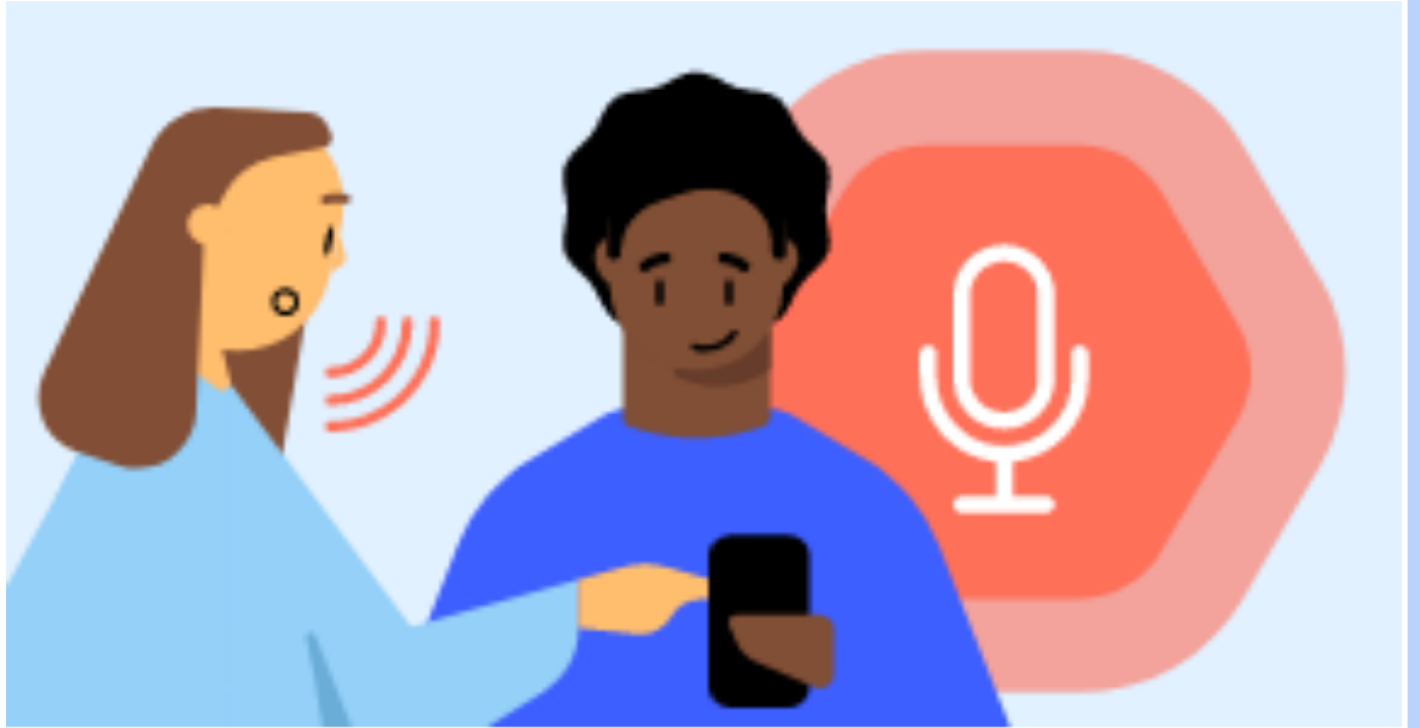
Image courtesy:https://nordvpn.com/blog/is-my-phone-listening-to-me/
So, to answer the burning question, we’ll begin by replacing the word listening with tracking. Are our devices tracking us? Yes. They most definitely are.
How are your activities tracked?
Firstly, It’s very important to understand that whenever you do anything online, you leave a trail. Like a post? Commented on a video? Searched up something? Every action will be remembered and stored. There are a couple of ways in which this data is collected, here are a few:
1. Cookies:
Primarily, a cookie is a small piece of information that a website stores on your computer. When you revisit that website, your browser sends the information back to the site.

For example, an online clothing site may use a persistent cookie to record the brands and sizes that you searched for. When you return, your browser will let the site read the cookie and then you’ll be suggested similar styles to the ones you previously browsed for.
2. Device ID:
Earlier, marketers had to rely solely on cookies to understand people’s online behavior but cookies were designed for desktop use only, limited in their abilities. Now, every iPhone or Android smartphone comes with a unique device ID.
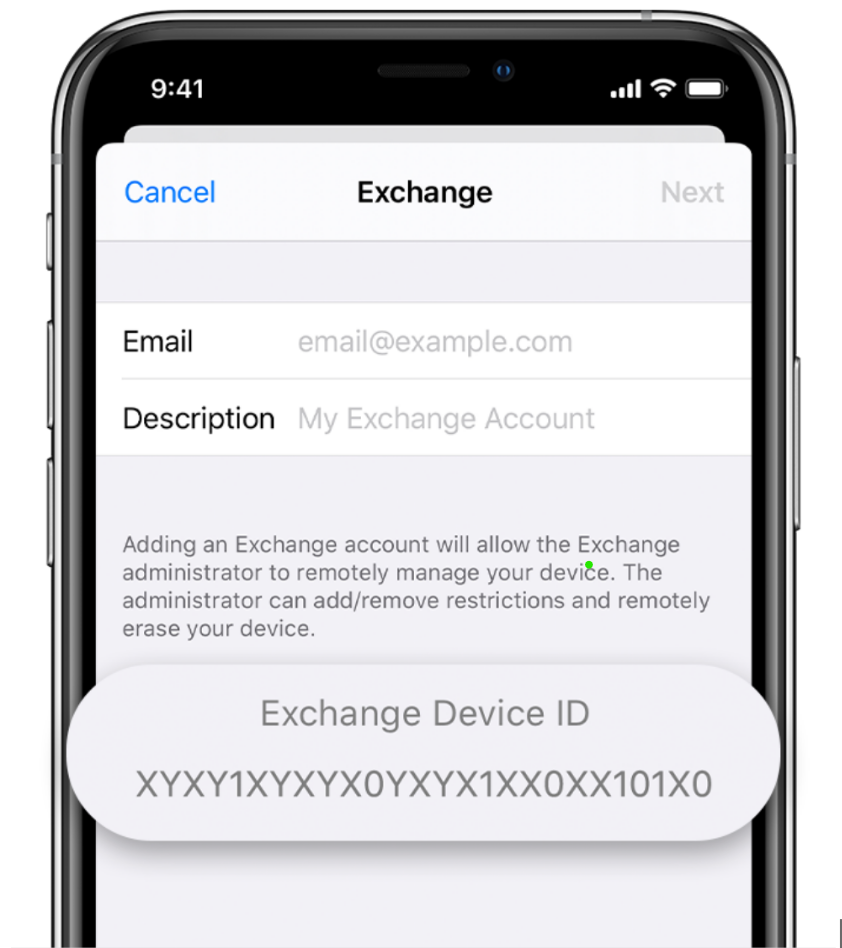
Image courtesy:https://support.apple.com/en-al/HT204585
Any installed app can access this ID and use it to identify your device. This mobile device ID allows companies to gather information such as email engagement, online browser searches, demographic data, etc.
How is the collected data used?
The collected data is later used to facilitate targeted advertising which is the core concept that fuels the feeling of being constantly listened to.
What is targeted advertising?
Basically, it’s an essential tool to cut through the constant noise of ads experienced by internet users, serving personalized content for them to view and engage with. It is generally done by using customer data to segment audiences and creating unique advertisements tailored to each audience segment. There are different types of targeted advertising such as
1. Contextual:
It helps marketers place ad content alongside other content that is related to the thing being advertised. Instead of pasting ads all over the web, it matches the ad’s content with the context in which it’s placed, creating a more integrated experience for customers.

Image courtesy:https://website-categorization.whoisxmlapi.com/blog/what-is-contextual-targeting
For example, you might see ads for makeup products in an article about beauty and skincare.
2. Behavioral:
It considers user behavior and browsing activity when positioning ads across the web. It is essentially the key to highly personalized and timely marketing.

Image courtesy:http://www.istockphoto.com/
Ads are placed based on users’ search or browsing history including other factors such as links clicked, purchases, time spent on web pages, social media follows, etc-
3. Geotargeting:
An essential tool that simply directs ads based on the geographic location of customers.
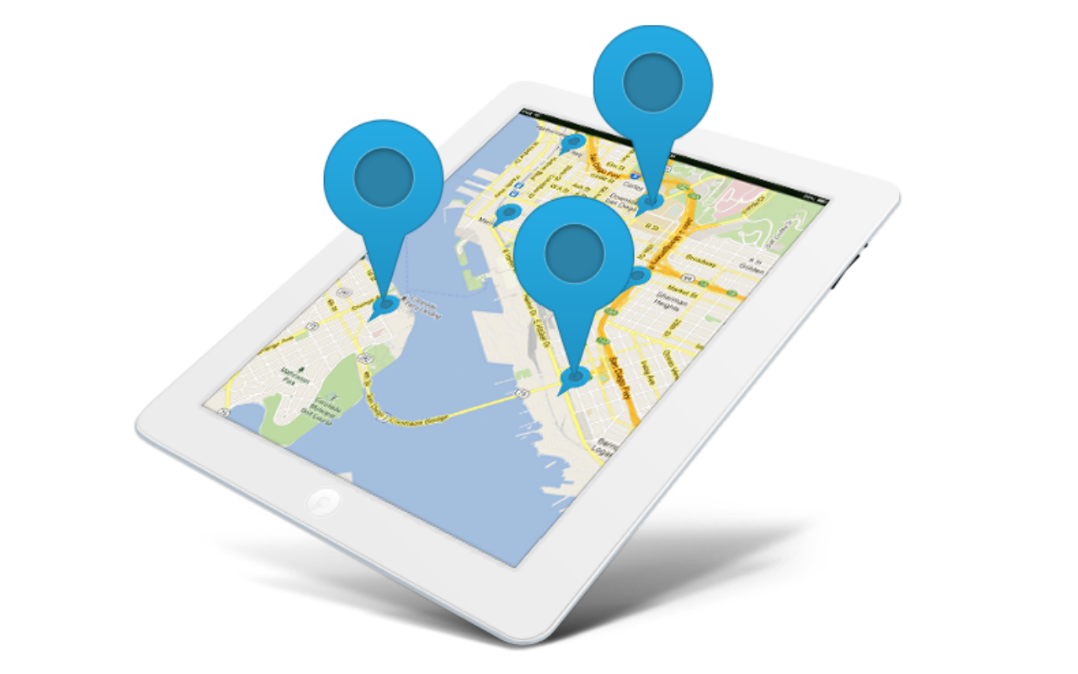
Image courtesy:https://www.goodworklabs.com/geo-targeting-of-messaging-and-push-notifications-for-marketing-purposes-on-mobile-apps/
For example, you might start getting ads for umbrellas and raincoats when the weather changes from sunny to rainy.
How does it actually work?
Let’s go back to the scenario we began with. How did you get ads for a product someone else told you about? You can thank a little trick called social media targeting for that. Even though it felt like Instagram heard your conversation, that’s not what really happened. Here’s the breakdown, it’s rather simple actually, not rocket science.
Your friend would have browsed for shoes on their device, resulting in them getting ads for the same on Instagram. They probably liked a few of these posts and visited a couple of links directed by them. Now, Instagram knows that you follow them and interact with them from your activity. Further, if location services were enabled, it also knows that you were briefly in the same location making it likely that you might have spoken about the shoes. Hence, BOOM, you start getting your friend’s ads and are left feeling mind blown.

So, it’s quite safe to say that in spite of the countless conspiracies, your phone isn’t exactly listening to you, at least not in the way you think. However, the insanely smart algorithms that several companies and social media platforms use sure do make it seem that way, don’t they?
Subscribe to my newsletter
Read articles from CodeChef-VIT directly inside your inbox. Subscribe to the newsletter, and don't miss out.
Written by
